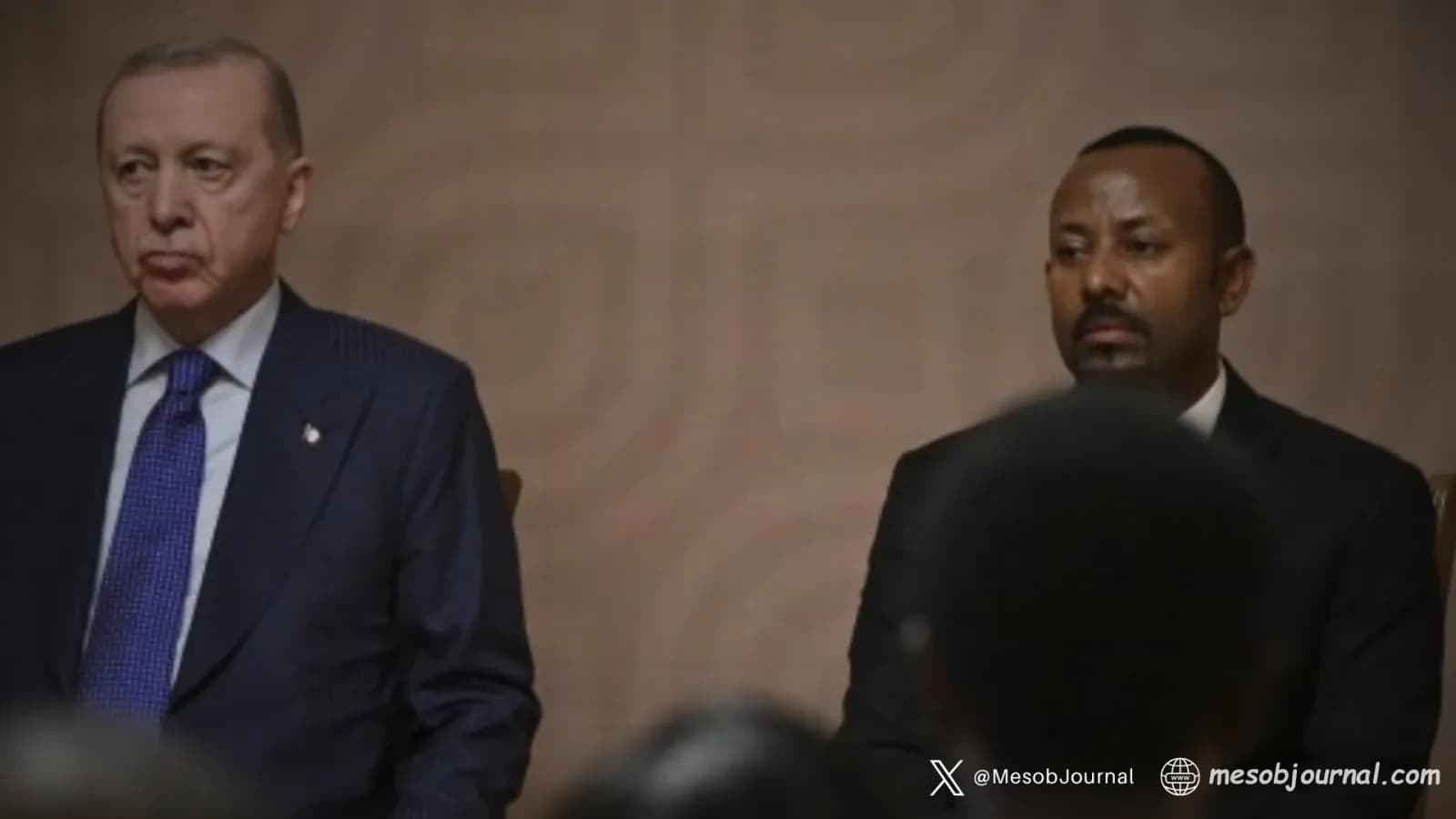Ethiopia: TPLF Accuses Abiy Ahmed of Violating Pretoria Deal, Warns of War

The Tigray People’s Liberation Front (TPLF) has accused Prime Minister Abiy Ahmed’s government of “grave violations” of the Pretoria Agreement, warning that Ethiopia is sliding back into another catastrophic war barely two years after the peace accord ended the devastating conflict in the north.
In a formal letter sent to UN Secretary-General António Guterres and African Union Chairperson Mr. Mahamoud Ali Youssouf, the TPLF said federal forces launched a drone strike on Tigray units near the Afar border early Friday, killing several fighters and causing “property destruction.” The group described the strike as a “clear and alarming breach” of the cessation of hostilities agreement signed in Pretoria in 2022.
The letter, signed by TPLF Chairman Debretsion Gebremichael, accused Abiy Ahmed of publicly disavowing the peace deal during recent remarks in Parliament, while “disparaging” the TPLF and abandoning political dialogue. It said the latest military action, backed by armed groups from the Afar region, represents “a dangerous escalation that threatens to unravel the fragile peace and undermine regional stability.”
“These latest actions mark a dangerous escalation that threatens to unravel the fragile peace and undermine regional stability,” the letter stated, urging the UN, AU, and international community to pressure Ethiopia to cease hostilities and re-engage in good-faith dialogue.
Political Calculations Behind Renewed Hostilities
Analysts say Abiy Ahmed’s renewed confrontation with the TPLF is driven less by security concerns and more by domestic political survival. The prime minister has repeatedly claimed that remnants of the TPLF are backed by “foreign actors”, though he has presented no evidence. Observers note that such rhetoric helps him justify fresh military deployments and sustain a sense of crisis as national elections draw closer.
“The closer Ethiopia gets to the polls, the louder Abiy’s war drums become,” said one regional analyst. “Every escalation serves to consolidate power, silence dissent, and redirect attention from the collapsing economy and internal fractures.”
By reviving conflict narratives, Abiy can project control, rally nationalist sentiment, and frame himself as a wartime leader — even as his actions risk unraveling the Pretoria peace framework and destabilizing the Horn once again.
Regional Fallout
Eritrea, which has remained cautious but watchful since the peace deal, views Ethiopia’s Red Sea war rhetoric and internal militarization as part of a broader instability project. Analysts warn that Abiy’s pattern of externalizing crises — shifting conflict zones from Tigray to Amhara and potentially toward Eritrea — could lead to a wider conflagration.
Diplomatic sources in Addis Ababa say African Union monitors have yet to respond formally to the allegations, though multiple observers confirm increased military activity in northern Ethiopia over the past week.
For now, the TPLF says it remains “committed to the full implementation” of the Pretoria Agreement, but warns that Abiy’s “thirst for war” may destroy the last remaining trust between Addis Ababa and Mekele.
Related stories

Ethiopia: Abiy's War Script and the Media’s False Balance on Eritrea
The lazy framing is already being warmed up: “tensions are rising,” “neighbours trade claims,” “both sides must de-escalate.” It sounds responsible. It reads balanced. And it quietly deletes the one fact that matters: one side has spent years normalising war talk as policy. If y

Erdogan in Addis: sovereignty first as Abiy beats sea-access drum
Abiy Ahmed tried to stage the usual Addis photo-op when Turkey’s President Recep Tayyip Erdoğan arrived. But the camera caught something different: a stiff, guarded prime minister sitting beside a visitor who didn’t look like he came for flattery. What played out at the joint app

AU PSC: Israel’s Somaliland move “null and void”
The African Union Peace and Security Council (PSC) has issued one of its clearest sovereignty statements on Somalia in years—explicitly condemning Israel’s unilateral recognition of the “so-called Republic of Somaliland,” demanding it be revoked, and warning that no actor has the

Eritrea Dismisses Ethiopia’s Letter, Cites Two-Year Hostile Campaign
Eritrea’s Ministry of Information has dismissed Ethiopia’s latest diplomatic message as “patently false and fabricated,” rejecting what it described as a familiar two-year pattern of hostile campaigns — and pointedly refusing to be pulled into public escalation. In a short press

